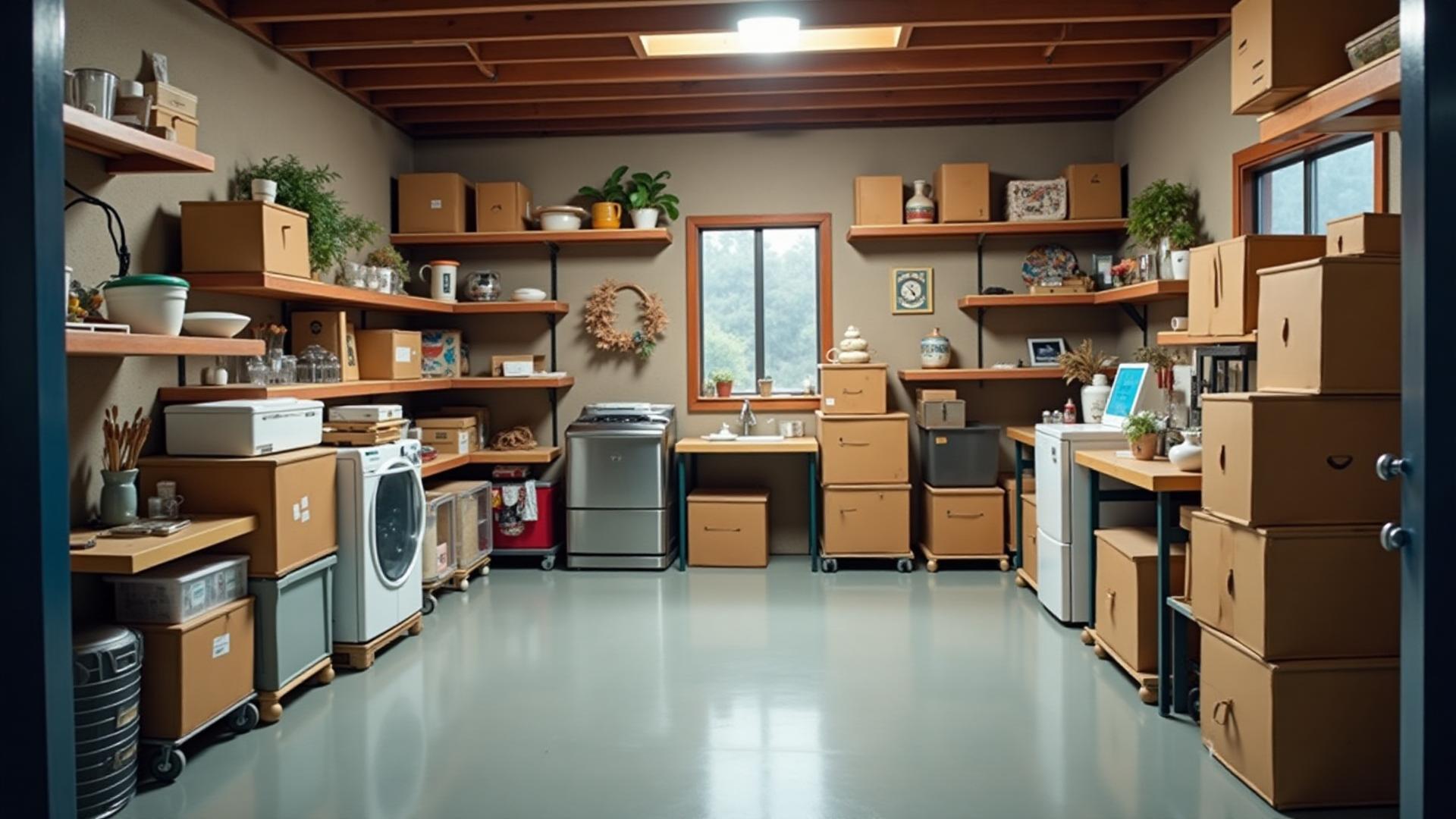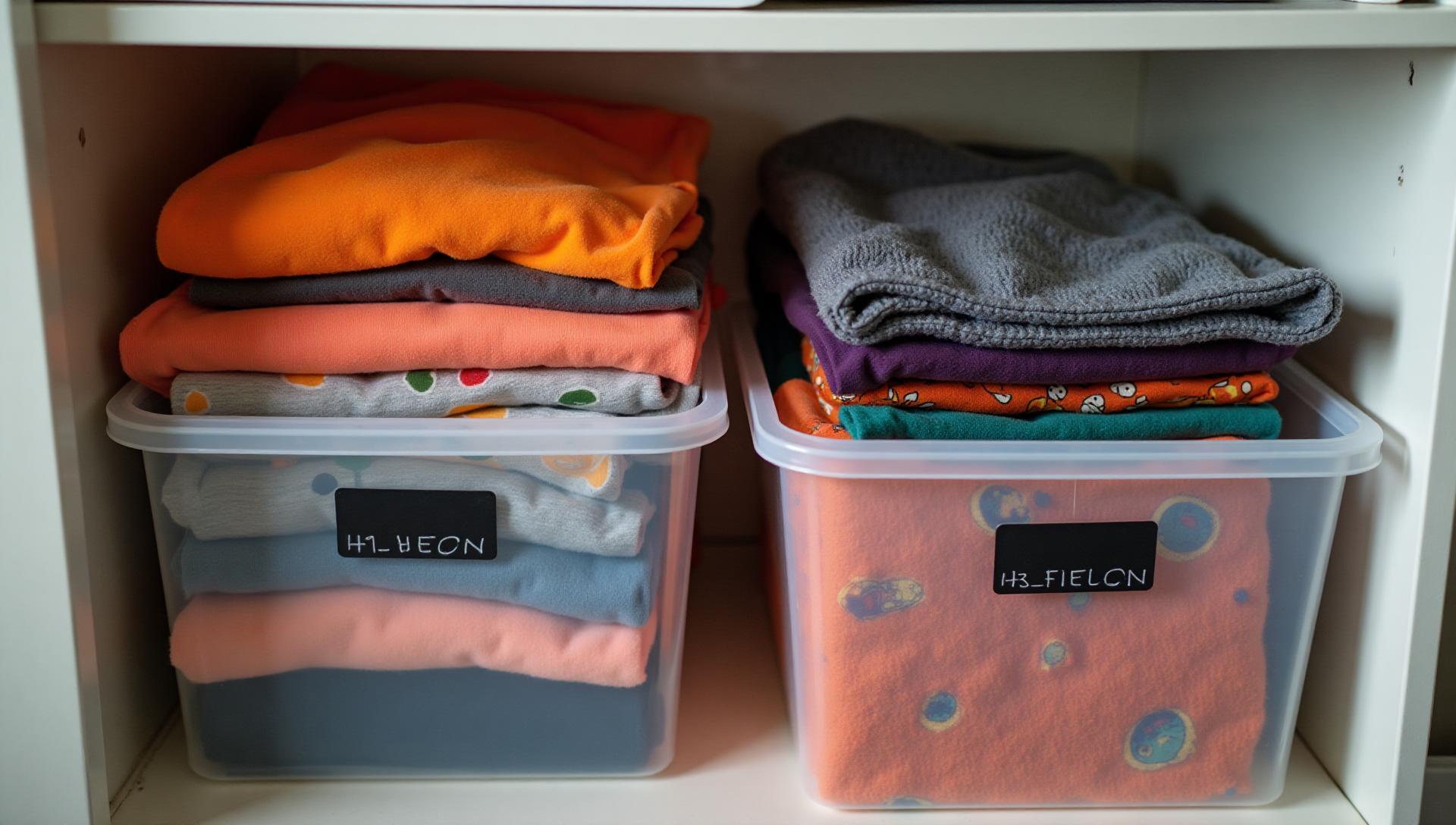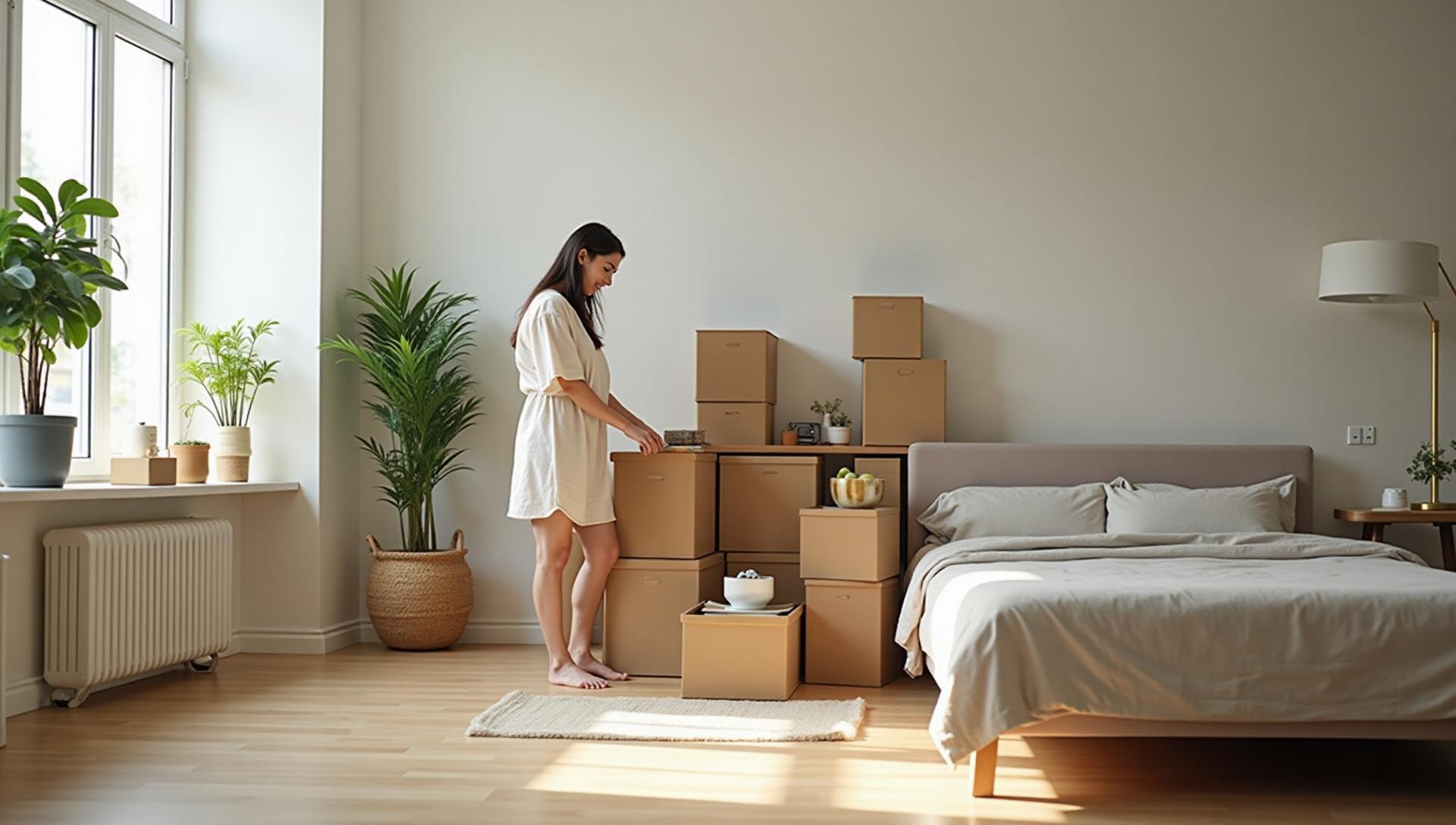
Storage units can be handy for a variety of reasons. They offer a secure and convenient place to store items you don't have room for at home or don't need access to regularly. But with so many storage units available and different rules and regulations depending on where you live, it can be difficult to know what exactly you can and can't store in a storage unit.
In this article, we'll look closer at the different types of items that can be safely and legally stored in a storage unit and some that may be prohibited or restricted depending on your location. Whether you're downsizing, moving, or just looking to free up some space at home, understanding what you can store in a storage unit can help you make the most of this convenient storage option.
Items that can be stored in a storage unit
One of the most significant benefits of using storage facilities is that they provide a safe and secure place to store various items. Here are some examples of the types of things that can usually be stored in storage:
Furniture
From sofas and chairs to beds and chests of drawers, furniture can take up a lot of space in your home. Whether moving, downsizing, or needing temporary space to store your furniture, a storage cabinet can be the perfect solution.
Appliances
Refrigerators, washing machines, dryers and other large devices can also be stored in storage. Just clean them thoroughly before storage and make sure all water or gas lines are properly disconnected.
Electronics
Televisions, computers and other electronic devices can be stored safely if adequately packaged and protected. Consider using bubble wrap or other cushioning materials to protect fragile items.
Seasonal items
If you have seasonal items that you only use at certain times of the year, like holiday decorations or summer sports equipment, storage can be a great place to store them when not in use.
Clothing and textiles
If you're short on closet space, a storage unit can be a great place to store seasonal clothing, linens, and other textiles. Just be sure to use sturdy, moisture-resistant containers to protect your items.
Documents and records
If you have important documents or records that you need to keep but don't have room for at home, a storage unit can be a great option. Be sure to use a secure storage unit with climate control to protect your documents from damage.
Vehicles
Many storage facilities offer vehicle storage options, including spaces for cars, boats, RVs, and motorcycles. This can be a great option if you don't have room for your vehicle at home or need to store it for an extended period.
A storage unit can be an excellent solution for various storage needs. Just be sure to check with your storage facility to ensure that the items you want to store are allowed, and take the necessary steps to protect and secure them while they're in storage.
Items that may be prohibited or restricted
While many items can be safely and legally stored in a vault, some items may be prohibited or restricted depending on your location and vault rules and regulations. Here are some examples of things you are not allowed to store in a storage unit:
Hazardous materials
Chemicals, flammable materials and other hazardous items are generally prohibited from storage. This includes things like propane tanks, gasoline, and paint thinner. These materials may pose a safety hazard to the warehouse and other tenants; in some locations, keeping them may even be illegal.
Perishable products
Food, plants and other perishable items are generally not allowed in storage as they can attract pests and rodents and cause foul odours. In addition, storing food in storage can be a violation of health and safety regulations.
Illegal items
It should go without saying, but storing stolen goods, drugs, or other illegal items in a storage unit is prohibited and can result in legal trouble if law enforcement discovers it.
Firearms and ammunition
Many storage facilities prohibit storing firearms and ammunition, as they can pose a safety risk to other tenants and the facility itself.
Animals
Live animals are generally not allowed in storage units, as they can suffer harm or even death due to a lack of proper care and ventilation.
You must check with your storage facility to determine what items are prohibited or restricted. Violating these rules can result in the loss of your stored items and have legal and financial consequences. In addition, it's essential to follow proper storage practices for any things you keep in a storage unit, including good packing and labelling and using climate-controlled units for sensitive items.
Tips for storing items in a storage unit
Storing items in a storage unit can be a convenient and cost-effective solution for various needs. However, taking the necessary steps to protect your items and ensure they remain in good condition while in storage is essential. Here are some tips for storing items in a storage unit:
Clean and prepare your items
Before storing your items in a storage unit, clean them thoroughly and remove any dirt, dust, or debris. This is especially important for furniture, which can attract pests if not cleaned. In addition, be sure to properly prepare any items that require disassemblies or special care, such as electronics or appliances.
Use proper packing materials
It's important to use sturdy, moisture-resistant containers for your items, especially if they're fragile or valuable. Also, use packing materials like bubble wrap, packing peanuts, or blankets to cushion your items and prevent damage during transportation and storage.
Label your items
Properly labelling your items can save you time and hassle when retrieving them from storage. Be sure to label each box or container with a description of its contents, and consider creating a numbered inventory list to help you keep track of everything you're storing.
Choose the right size unit
When selecting a storage unit, choose a size appropriate for your needs. A unit that's too small can lead to overcrowding and damage to your items, while a unit that's too large can be a waste of money.
Consider climate control
Consider renting a climate-controlled storage unit if you're storing sensitive items like electronics, documents, or artwork. This can help protect your items from temperature and humidity fluctuations, which can cause damage over time.
Organize your unit
Finally, organize your unit to make it easy to access your items when needed. For example, consider stacking boxes on shelves or pallets to prevent damage, and leave a clear pathway through the unit to make it easy to reach your items.
By following these tips, you can help ensure that your items remain in good condition while in storage and make it easy to retrieve them when needed.
Conclusion
Storing items in storage can be a practical and convenient solution for various needs, from home clutter to business inventory storage. However, taking the necessary steps to protect your belongings and keep them in good condition while in storage is essential.
You can ensure that your items stay safe and sound by choosing the right storage location, properly preparing and packing your items, and following best storage practices. Knowing about prohibited or restricted items can avoid legal and financial consequences and keep your belongings safe.
If you are considering renting storage space, be sure to research, ask questions, and choose a reputable facility like Juujbox with a strong track record of customer satisfaction. Remember that with the proper planning and care, storing your belongings in storage can be a hassle-free solution to your storage needs.



